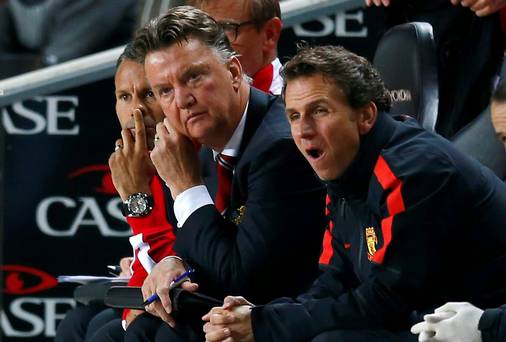The last time Ilya Ponomarev attracted international attention was in March, when he cast the lone “no” vote in the Russian Duma against his country’s annexation of Crimea. It made him a villain in Russia, where the annexation is extremely popular, but better liked in some European countries, where it is not.
Now, with Russian forces on the march in eastern Ukraine, Ponomarev is offering up his influence to help counterbalance Moscow’s chief leverage in Europe, which is its dominance of the continent’s natural gas supply.
Ponomarev tells Quartz that, to temper Russian influence, Europe needs to develop its shale gas reserves, as the US has—and that he can help by diminishing European political opposition to hydraulic fracturing, or fracking, the drilling method used to extract gas from shale.
Anti-fracking protests have broken out in Bulgaria, France, Poland, Romania, the UK and elsewhere, leading to bans on the practice in Bulgaria and France.
Critics, including Ponomarev, say that Russia is financing some of the protests. And he was in Washington this week to offer his paid lobbying services to Western energy companies that either are or hope to begin fracking in Europe.
Apart from the consulting fees, why does he want to help Europe? “Gas is Putin’s teeth,” he says. “Even if 20% of consumption will be replaced by new production, it will have a profound impact on both Russian and European politics.”
Ponomarev, who has an academic background in physics, is a former technology officer for Yukos, the Russian oil company that Russian president Vladimir Putin dismantled because of the political activism of its CEO, and also worked for Schlumberger, the oil services company.
He also was a leader in abortive attempts to establish Skolkovo,a high-tech hub outside Moscow and, in 2012, an outspoken critic of the ruling party.
But it is his political line on the Ukraine crisis, he says, that gives him the weight to make Europe more favorable to fracking. The main things are to change the subject from water cleanliness to national security, he says, and to publicly identify the precise Russian financial channels supporting the protests.
While it is not clear that Ponomarev will prove influential with activists—many of whom oppose fracking for reasons that have nothing to do with Russia—he argues that the national security argument will prove decisive with political leaders, with whom he enjoys influence. It is they who will ultimately make the public argument and take any political heat. Ponomarev thinks that dramatizing the Russian funding will help politicians take such a stand.
“Once the source is disclosed, the opposition will dissipate quickly,” he says. “If we prove that shale is viable, it will reduce pressure from Russia dramatically,” he adds. “We just need a proof of concept.”




